Copyright, royalties and piracy in Eritrea
To this day (August 2017), Eritrea is still not a member of any of the four major international copyright treaties: Berne Convention, Universal Copyright Convention, Agreements on Trade-Related Aspects of Intellectual Property Rights (TRIPS) and the World Intellectual Property Organisation Copyright Treaty (WIPO-WCT).
 Abraham Afewek from Eritrea
Abraham Afewek from Eritrea
Copyright
Eritrea’s national legislation only addresses the basics of copyright, which in turn makes it difficult for local musicians to protect their work, particularly on an international scale. Ethiopian artists have been brazenly reproducing or ‘drawing inspiration’ from Eritrean artists without fear of legal consequences since the 1990s. In a rare instance, streaming service YouTube removed the single 'Fiyameta' from renowned Ethiopian artist Jacky Gosee, because it infringed the intellectual property of the late Eritrean artist Abraham Afewerki. Unfortunately many cases of plagiarism like this example go unpunished.
In 2015, Eritrea introduced the Penal Code that includes tougher penalties on copyright infringements. The major shortcoming of this bill is that it does not have any provisions to deal with online intellectual property infringements. When cases are reported, with supporting evidence, offenders can be imprisoned for up to three years under the Penal Code. Although less specific than the new Penal Code of 2015, the former Transitional Criminal Code made provisions for a fine and in some cases prison time for the infringement of copyright.
Music Piracy
Music piracy is prevalent in Eritrea. Piracy affects locally and internationally produced Eritrean music as well as foreign music like American hip hop. Enforcement of copyright law by the justice system is rare. At a regional level, piracy of Eritrean music is common in Ethiopia because it is popular there. The media has reported that a significant percentage of Eritrean music is played in Ethiopian clubs. However, most Eritrean artists are unable to control the distribution of their music or receive decent revenue for the exploitation of their work.
Royalties
In the early days of independence, publishers agreed to pay a percentage of music revenue to musicians. Today, most artists independently produce their music by entering into royalty agreements with their supporting partners. This has become the norm, especially with the rise of digital distribution. Although most new-generation artists are able to get some revenue from these deals, previous musical works are still subject to a dubious regime.
Two of the largest entities in charge of copyright protection in Eritrea are the government and the Popular Front for Democracy and Justice (PFDJ), the sole legal party in the country. Neither of them has issued a policy on copyright royalties as yet (August 2017). The PFDJ is the successor of the Eritrean People’s Liberation Front (EPLF), which liberated Eritrea from Ethiopian occupation in 1991. The PFDJ claims that it is the co-owner of the local musicians’ works. However, these arguments have not been submitted to the Eritrean Court so it is unclear whether the musicians will be able to claim unpaid royalties.
This Overview text shows that Eritrea has laid down the foundations of a copyright law system, but because it hasn’t signed international treaties on copyright, it is difficult to protect musicians. Without the protection provided by these treaties, musicians’ copyrights cannot be assured. Royalties are also undeveloped and rarely paid to artists. It is difficult to assess the amount of money lost due to piracy, without the application of a law.












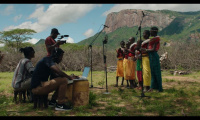







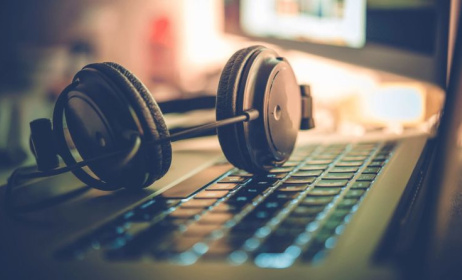
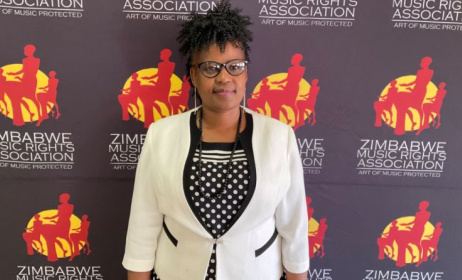
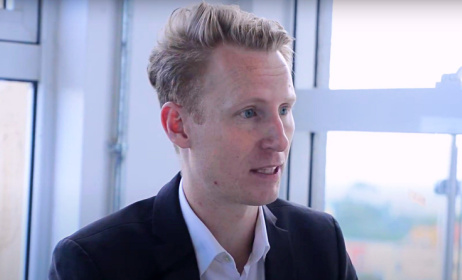




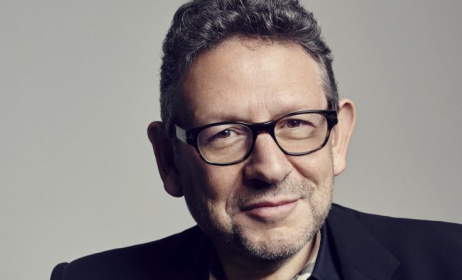

Comments